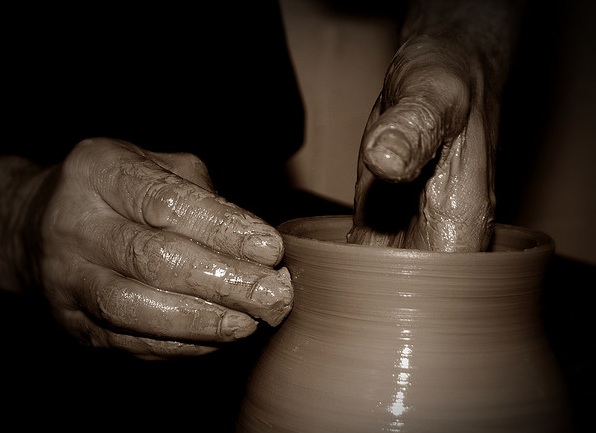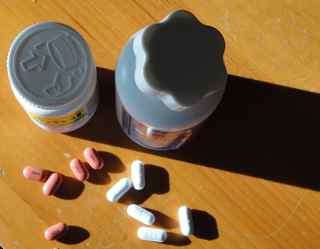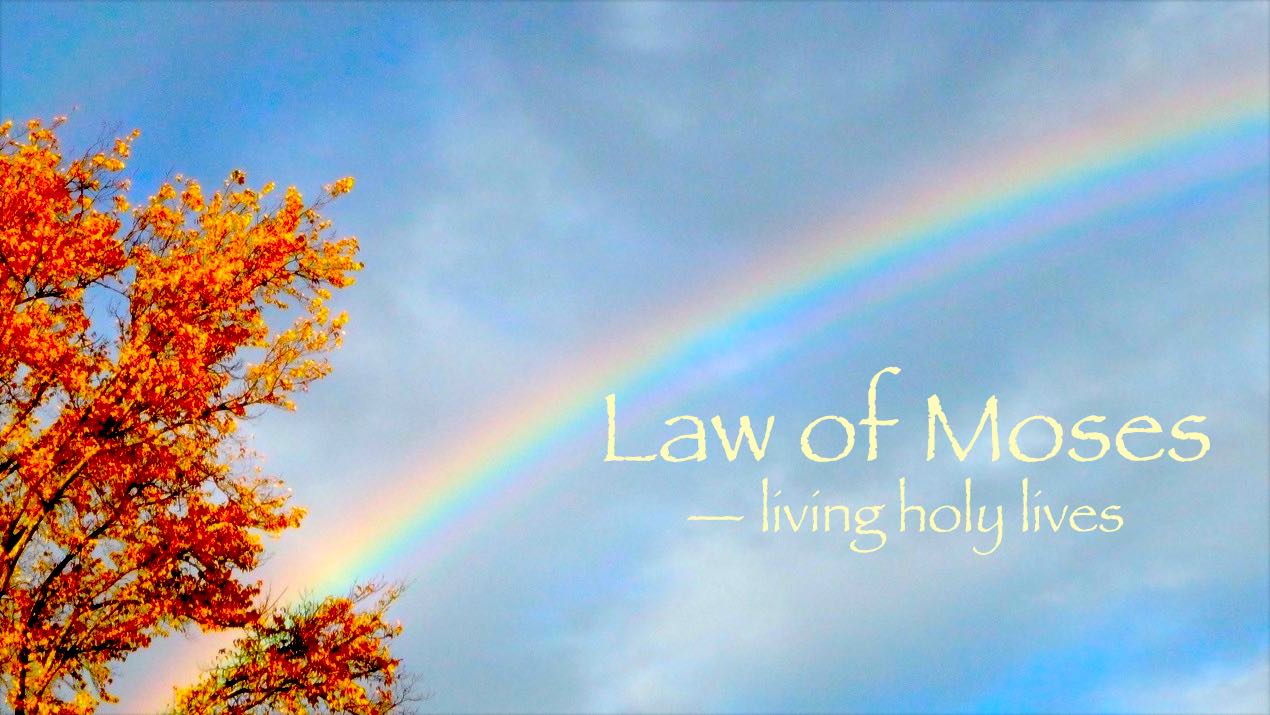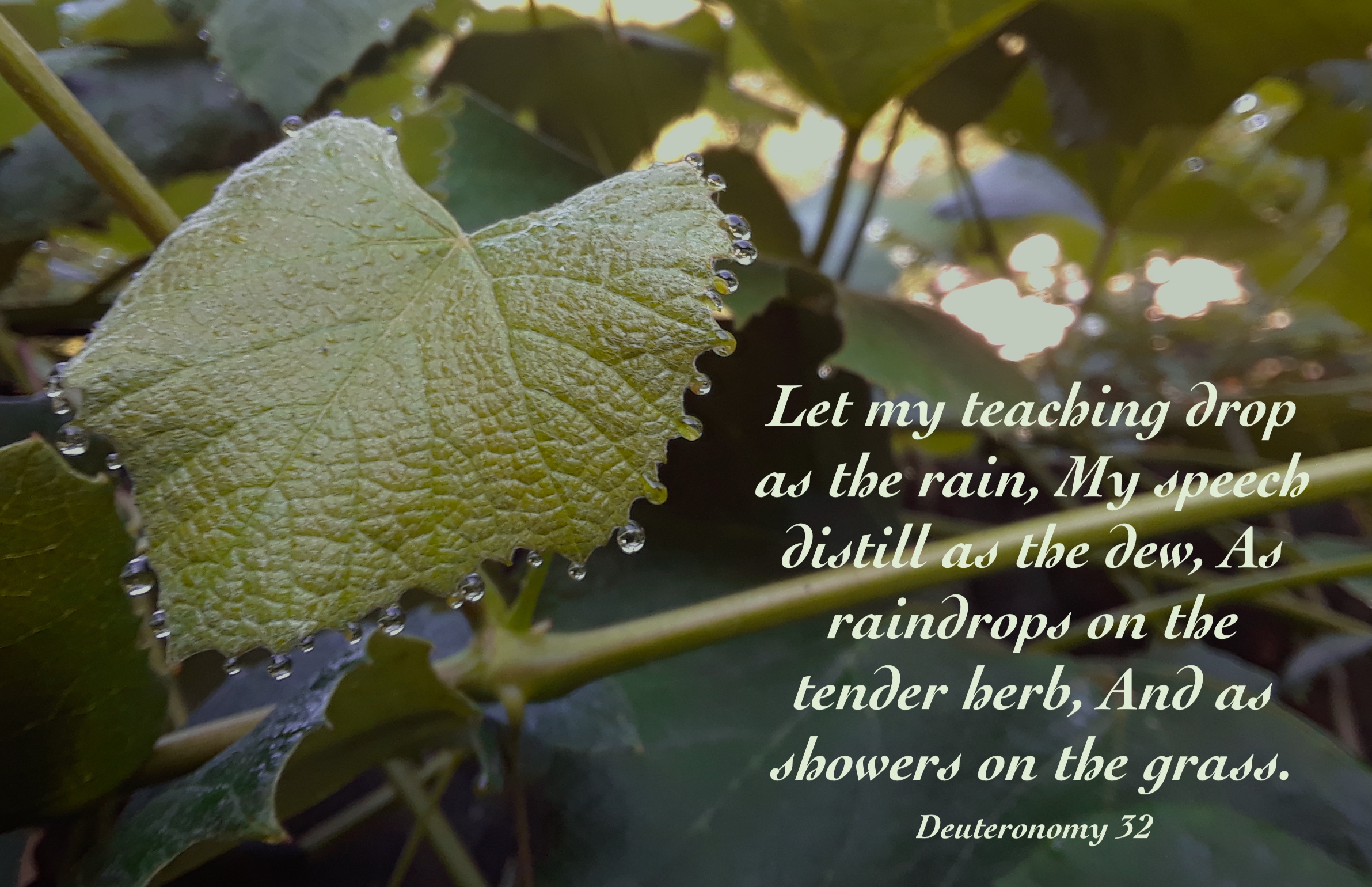
For the commandment is a lamp and the teaching a light, and the reproofs of discipline are the way of life…Proverbs 6:23 ESV
When asked about the question of, “What is the greatest commandment?” Christ gave a two-pronged answer: “Love the Lord your God with all your heart, soul and mind… and the second is like it; love your neighbour as yourself.” This statement implies that our concern for others should be of the same magnitude and quality as our own self-love. How many people do you know who are caught up in negative self-defeating or self-destructive attitudes and actions? Scripture provides detailed instructions on how to love our neighbour in the Torah, such as supporting the blind, widows, and orphans, as well as encouraging everyone in the faith. But Christ also tells us that in order to truly love our neighbour we must love ourselves. This means that we must take action to care for our own physical, emotional, and spiritual needs so that we might be better able to care for the needs of others. Our well-being is important to our Maker. He wants us to set a good example to others, of what the life of a believer is all about.
 Paul in talking of the marital relationship – a vitally important relationship that is a type of the divine relationship between God and his people, re-emphasizes this idea when he says, “for no man ever hated his own flesh; but nourisheth and cherisheth it.” It is logical that in order to understand faithfulness, love, kindness that we love ourselves. Yet, in the 21s century it would seem that there are many who “hate” themselves and are caught up in many forms of self-loathing from anorexia, to depression and the ultimate self-hatred, suicide. In Canada, we average about 3600 deaths per year from suicide, and men account for 3 times as many suicides as women. (Statscan)
Paul in talking of the marital relationship – a vitally important relationship that is a type of the divine relationship between God and his people, re-emphasizes this idea when he says, “for no man ever hated his own flesh; but nourisheth and cherisheth it.” It is logical that in order to understand faithfulness, love, kindness that we love ourselves. Yet, in the 21s century it would seem that there are many who “hate” themselves and are caught up in many forms of self-loathing from anorexia, to depression and the ultimate self-hatred, suicide. In Canada, we average about 3600 deaths per year from suicide, and men account for 3 times as many suicides as women. (Statscan)
Every year, almost one million people die from suicide; a “global” mortality rate of 16 per 100,000, or one death every 40 seconds.
In the last 45 years suicide rates have increased by 60% worldwide.
Suicide is among the three leading causes of death among those aged 15-44 years in some countries, and the second leading cause of death in the 10-24 years age group; these figures do not include suicide attempts which are up to 20 times more frequent than completed suicide. (www.who.int)
Suicide is the ultimate failure, the quintessential absence of well-being and health. Well-being, from a scriptural perspective begins with appropriate self-love and a casting off of old self-defeating mindsets and the general feelings of dissatisfaction that make us unhappy in our own skin. This classic human complaint of the clay whining to the potter (God), “Why did you make me thus?” But what is the antidote to this chronic malaise? A malaise that is often the spawn of “comparing ourselves among ourselves” that God says is a particularly foolish approach to life, yet one that the world around us indulges in and promotes: the way of comparison and competition.
The daily medicine and effective antidote is a dose of gratitude – thankfulness to our Maker for the gift of life and all the possibilities He has set before us. Our Creator values us as a Father does his children, so we should show daily appreciation for the love He has for each of us individually, His promise of aid in every circumstance, and the hope He offers us of eternal life at His side. Though we have been created as mere physical beings – of the dust of the ground – yet, we have been empowered with the human spirit to be able to express the creativity, compassion, and character of our Creator. It is our appreciation of these gifts that begins our journey out of any self-inflicted darkness. Committing our life’s path to our Maker and seeking His will daily with a thankful heart for all His good spiritual gifts will promote our well-being and direct our life’s journey to a positive conclusion.
When we come to a deep appreciation of the value of our lives as the result of God’s love for us as His children, then we can view our lives as God does without over inflating or underestimating our worth. This attitude of gratitude toward God as our Father for this precious gift of physical life helps transform our attitude towards ourselves and others as our brothers/sisters. This understanding is neither Pollyannish, nor simplistic; it is realism. If we treat each day as the gift that it is from our Maker, then we can view life’s challenges in true perspective – reality as God sees it. “Giving thanks always,” is the advice Paul gives us and this is fundamental to healthy living.
Disclaimer: The entire contents of this health blog are based upon the opinions of Carolanne Patton, unless otherwise noted. Individual articles are based upon the opinions of the respective author, who retains copyright. The information on this blog is not intended to replace a one-on-one relationship with a qualified health care professional and is not intended as medical advice. It is intended as a sharing of knowledge and information from the research and experience of Carolanne Patton. She encourages you to make your own health care decisions based upon your research and in partnership with a qualified health care professional.









